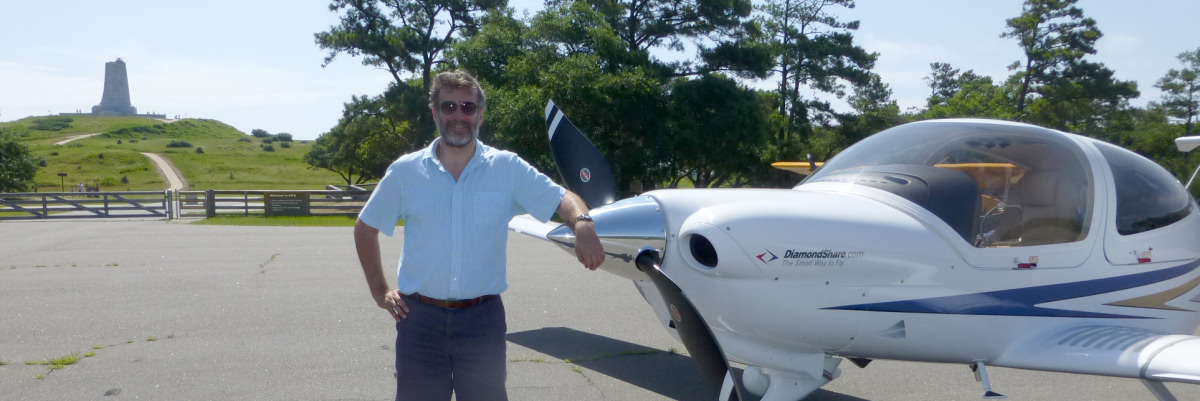We recently spoke with Biophysical Society Treasurer Paul Axelsen, University of Pennsylvania, about who he admires, why he appreciates serving as treasurer, and what he loves about being a pilot.
What is your current position & area of research? I am in the Department of Pharmacology at Penn with secondary appointments in the Department of Biochemistry and Biophysics, and in the Department of Medicine. Everyone in the lab, in some way, studies the problem of amyloidogenesis in Alzheimer’s disease, which we suspect may result from protein-lipid interactions rendered pathological by oxidative stress.
What drew you to a career as a biophysicist? The enthusiasm of my pre-doctoral and postdoctoral mentors for the field! Before I was in any position to judge for myself, they held up the Biophysical Society, its Journal, and its Annual Meeting as a model for how science should be done at the highest levels.
What do you find unique or special about BPS? What have you enjoyed about serving as treasurer? Without question, the answer to both questions is: the people involved in leadership. Becoming involved in BPS committees and Council greatly expanded the number of people I knew outside my field, and broadened my perspective on science.
Who do you admire and why? That generation of scientists – now largely gone – who stayed “hands-on” in the lab throughout their careers, who made their own reagents and instruments, and who can be credited with creating the modern popular expectation that basic science can solve practical problems.

I hear you are a pilot. What made you want to fly? What do you love about it? Powered flight is one of the greatest human inventions of the past few hundred years, and many aspects of flight just cannot be experienced by watching videos or even IMAX films. It is also an outstanding example of how government, private enterprise, and individuals can organize to create an extraordinarily safe transportation system. As with the BPS, it is an extraordinary privilege to be a part of such an organization.
What is something BPS members would be surprised to learn about you? I vaguely recall having worked as a professional musician throughout most of the ‘70s.